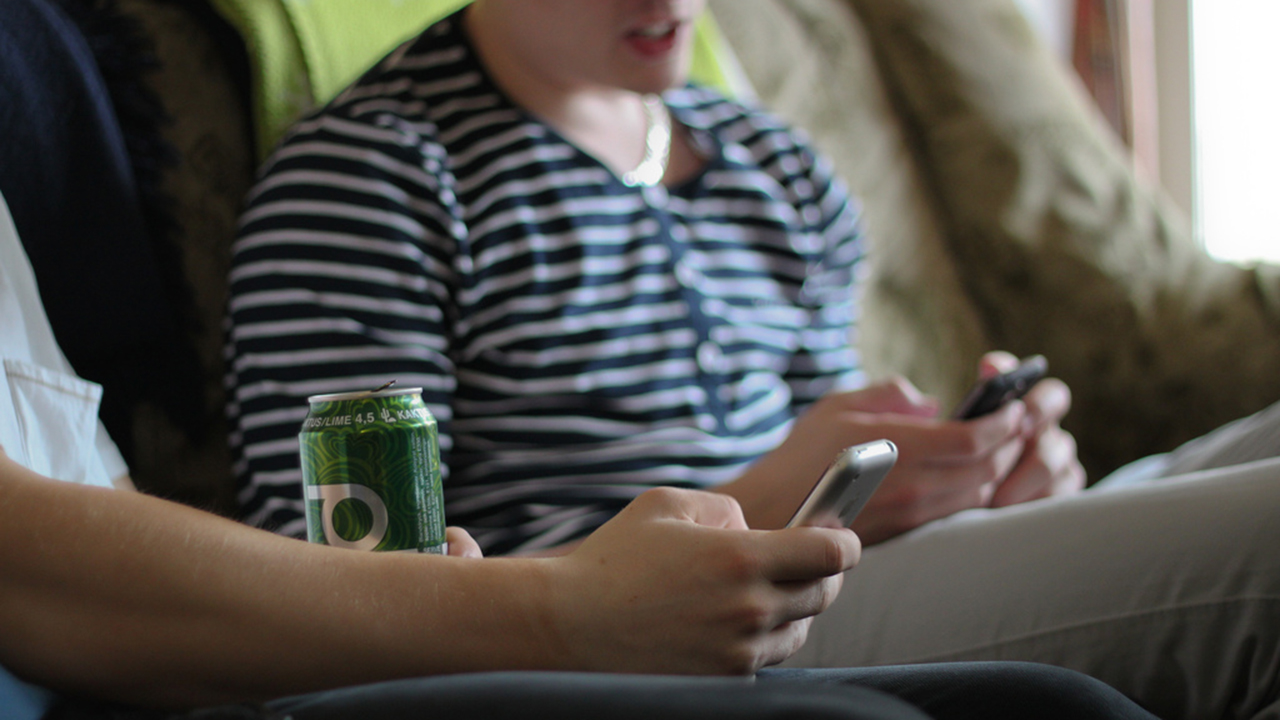New research on smartphone touchscreens suggests that daily use is changing your brain. Wired UK reports on the interesting study, by researchers from the University of Zurich and ETH Zurich, first shared in Current Biology.
While there is an increasing body of research that studies the effects of “repetitive gestures” in the use of technology on the brain, we’re used to studying the brains of experts who are well-practiced in a specific craft — like gamers or musicians. But there’s something extraordinary about the ordinary, too, as co-author Arko Ghosh explains, “What this means for us neuroscientists is that the digital history we carry in our pockets has an enormous amount of information on how we use our fingertips (and more).”
Wired explains:
Linking this “digital history” to brain activity was a case of using electroencephalography (EEG) to examine how regular smartphone users responded in tests compared to those who use older-style feature phones. Each set of phone users had their brain response to various mechanical touches recorded, with a focus on the thumb, forefinger and middle finger.
The results showed that in smartphone users, electrical brain activity was enhanced when each of the three fingers were being touched. The level of activity in the cortex was also found to be directly proportional to the intensity of phone use, which was qualified by the battery logs.
The very tip of the thumb was even found to be sensitive to day-to-day fluctuations in phone use. The shorter the period of time that had elapsed after the last episode of intense touchscreen use, the more activity was observed in the brain.
This finding has lead researchers to believe that “the contemporary brain is continuously shaped by the use of personal digital technology.”
(Photo: Denis Dervisevic)


